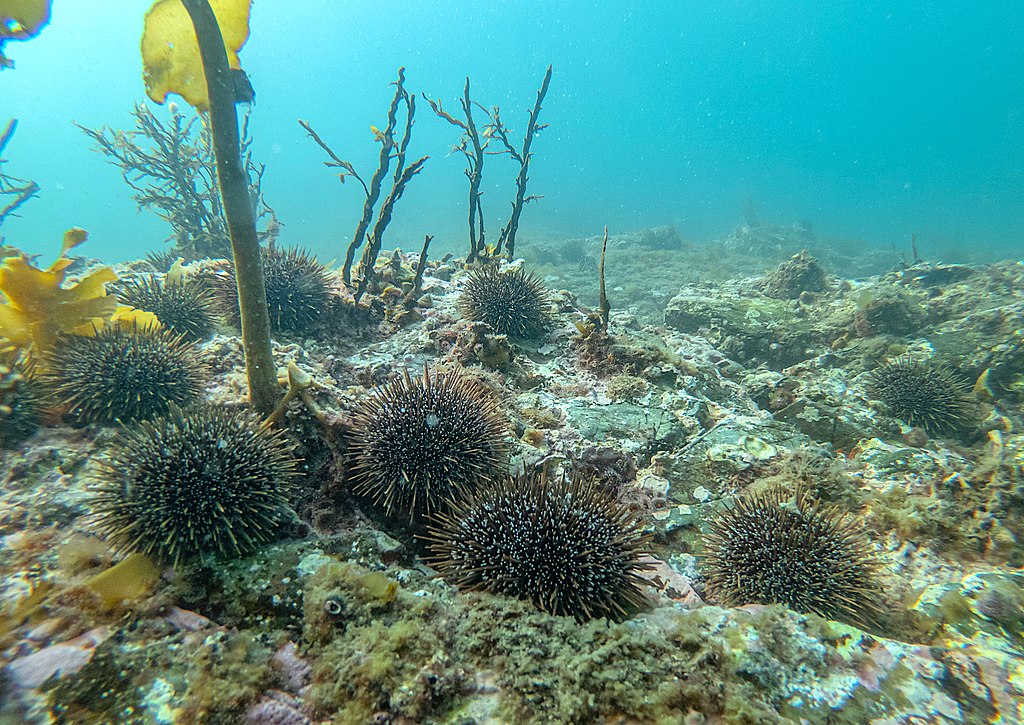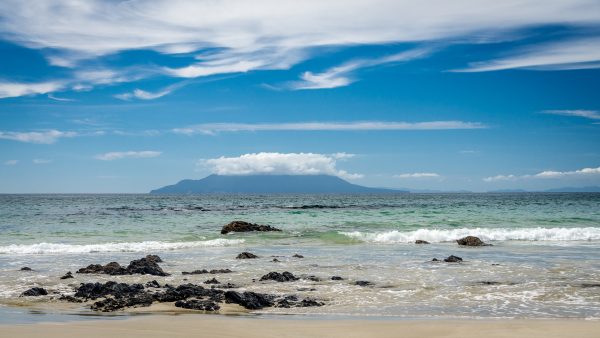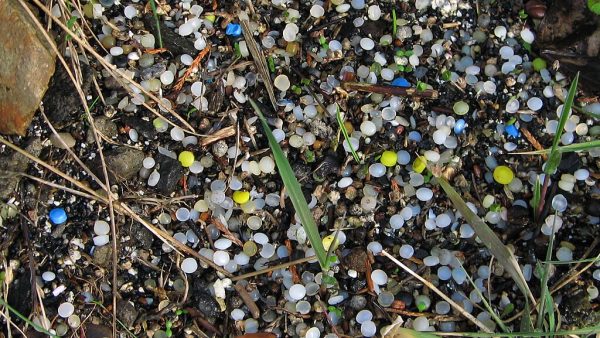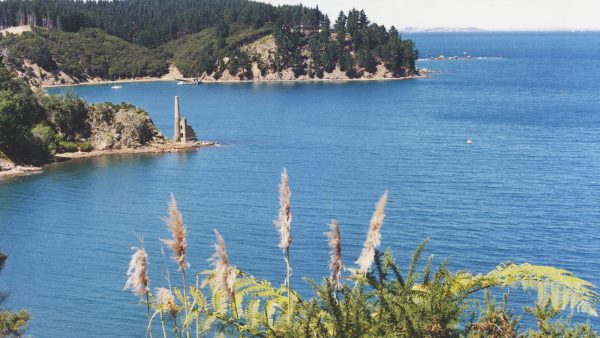OPINION: In the growing battle over New Zealand’s ecological future, one voice is treated as sacred, unchallengeable, and above scrutiny: iwi. Cloaked in spiritual language and cultural reverence, iwi authorities are increasingly acting as environmental arbiters — gatekeepers of what conservation should look like, how it should be funded, and who should profit.
It needs to stop.
The modern conservation space is riddled with mythology. We’re told that mātauranga Māori — traditional knowledge — holds the key to restoring balance with nature. It’s a beautiful idea. It’s also politically convenient. And in its current weaponised form, it’s completely detached from ecological fact.
Let’s talk about the record.
Māori arrived in Aotearoa around 1250–1300 AD, and within roughly 200 years, the moa were gone — hunted to extinction. Large native bird populations like the Haast’s eagle, along with much of the megafauna? Also gone. And large-scale ritual burn-offs reshaped entire ecosystems. That’s one of the fastest recorded human-driven mass extinctions on Earth.
These are facts, not attacks. And they point to the obvious: indigenous status does not confer environmental superiority.
Yet in today’s political climate, iwi entities — some with no formal scientific background — are handed governance powers over massive tracts of public land, millions in taxpayer funding, and decision-making authority over pest control, marine sanctuaries, and even scientific research. This is not co-governance. It’s cultural capture.
And the results speak for themselves. Conservation trusts run by iwi are not delivering cleaner waterways or stronger biodiversity metrics than Crown-led equivalents. But they are absorbing more funding, and doing so with less accountability.
The deeper problem is the romantic grafting of mythology onto environmental management. A kaumātua with a spiritual narrative is often elevated above a Pākehā with a botany degree. We are urged to value stories over data, ceremony over science, whakapapa over facts. Guilt-ridden white New Zealanders — especially in Wellington and academia — are too afraid to question it.
But we must. Because if we don’t, we risk reducing conservation to performance — and replacing ecological rigour with sacred symbolism.
This is not a call to exclude Māori from environmental conversation. It’s a demand to remove the automatic privilege that iwi entities currently enjoy in conservation politics. Their track record is no better — and often worse — than non-Māori governance. Their access to public money is bloated. And their spiritual narratives, while culturally meaningful, do not equal scientific expertise.
If we want to protect this land — all of us — then we must put science first, not ceremony. We must end the grift, end the unearned authority, and return conservation to a place of reason, results, and realism.








